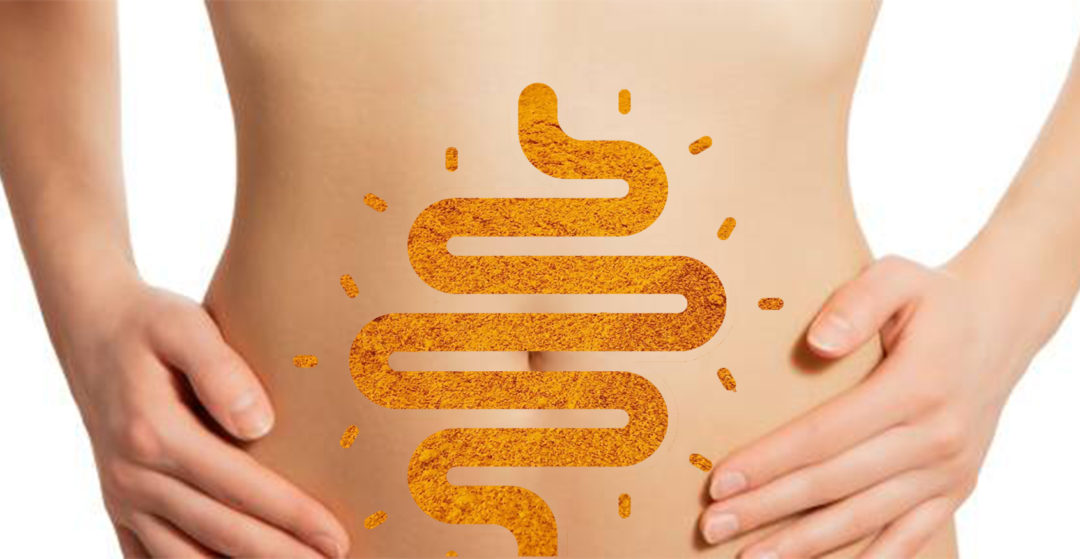The 8-week, double-blind, placebo-controlled study looked at 78 adult volunteers with self-reported digestive complaints. Participants received either a placebo or 500 mg Curcugen, a patented, oleoresin-based, 50%-curcuminoids extract. Outcome measures included the Gastrointestinal Symptom Rating Scale (GSRS), intestinal microbial profile, and assessment on the Depression, Anxiety, and Stress scale. The GSRS subset of categories evaluated gastrointestinal (GI) clusters of reflux, abdominal pain, indigestion, diarrhea, and constipation. Researchers also evaluated underlying mechanisms, including upper and/or lower microbial overgrowth.
The findings:Curcumin consumption was associated with improvement in GSRS total scores, as well as subsequent improvement in mood dysregulation, according to the release. The researchers concluded that Curcugen, administered for 8 weeks at a dose of 500 mg once daily, was associated with greater improvements in digestive complaints and anxiety levels in adults with self-reported digestive complaints.
The Curcugen group showed:
- an average 28% reduction in overall digestive symptoms, compared to 18% in the placebo group.
- a 52% reduction in anxiety levels compared to 16% reduction in the placebo group.
No significant changes in bacterial make-up were noted between the intervention and control group; lead researcher Adrian Lopresti, Ph.D., noted, “Results from this study indicate that changes in intestinal bacteria were not responsible for its positive gut action. Further research using larger samples and testing methods, and applying more detailed microbial analyses, might be warranted. Nevertheless, there are other potential mechanisms at play which are associated with curcumin’s GI-supporting effects. These could include its influence on intestinal barrier integrity, inflammation which influence neurotransmitter activity, and visceral sensitivity.”










